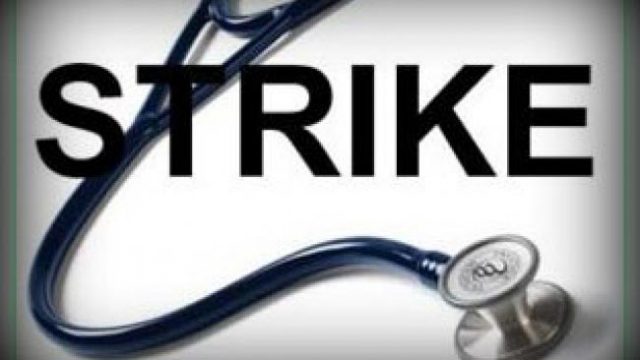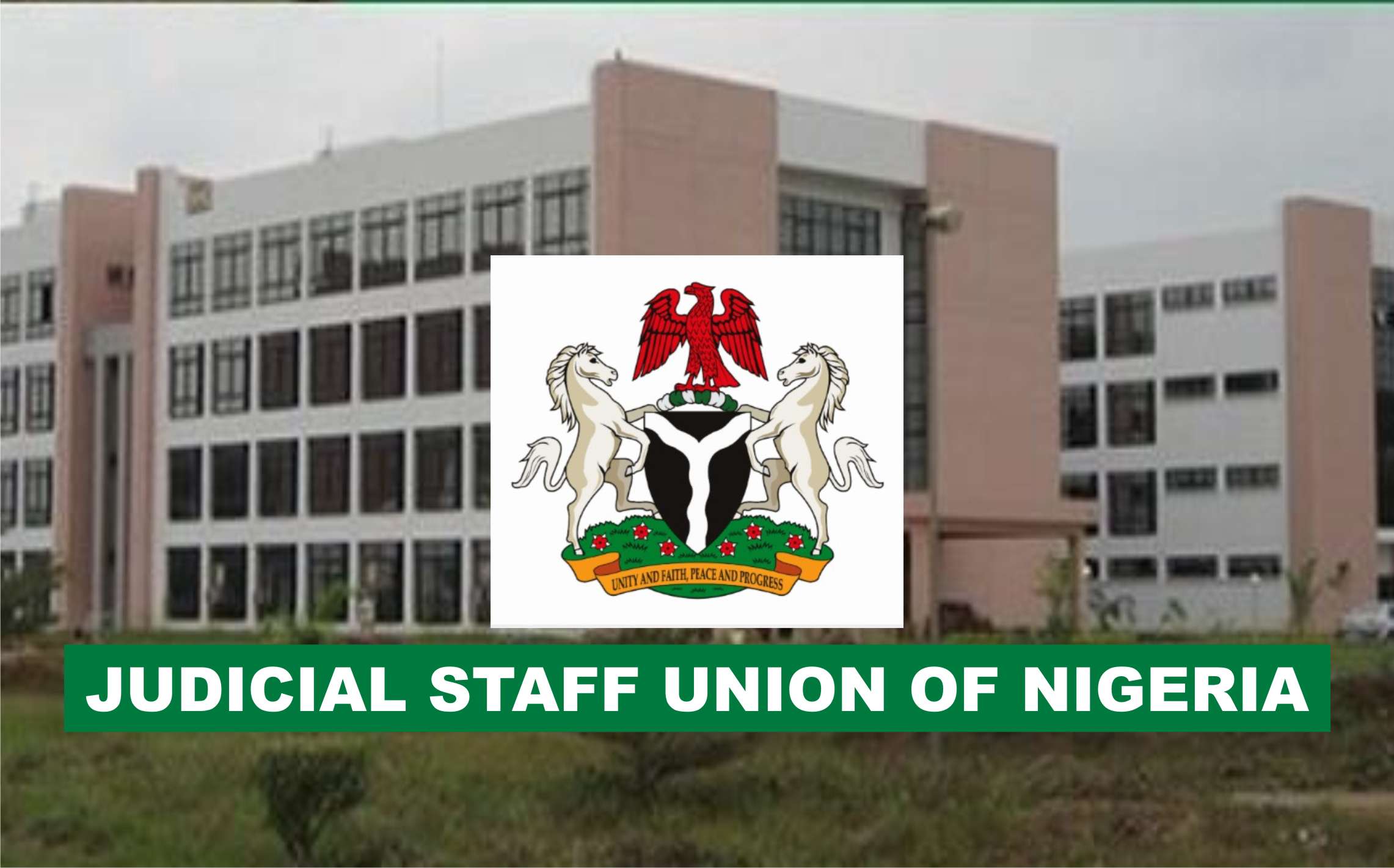Strike: ESUTH resident doctors issue 10-point resolution for implementation
The Association of Resident Doctors (ARD), Enugu State University Teaching Hospital (ESUTH),…
Resident doctors declare indefinite nationwide strike from Monday
The National Association of Resident Doctors (NARD) has called on its members…
FG directs NARD, JOHESU to withdraw strike notices
The Federal Government has directed the National Association of Resident Doctors (NARD)…
Nasarawa health workers will not call off strike – Official
The Coalition of Nasarawa State Health Professionals Association (CNSHPA)will mot call off…
More reactions trail JUSUN strike suspension
The suspension of the 64-day-old nationwide strike embarked upon by the Judiciary…
Suspension of strike hits Kwara JUSUN
Mr Ibrahim Sambo, the Chairman, Judiciary Staff Union of Nigeria (JUSUN) Kwara…
Judiciary workers suspend 2 months strike
The Judiciary Staff Union of Nigeria (JUSUN) says it has suspended its…
Thousands of nurses on strike in New Zealand
About 30,000 nurses in New Zealand walked off their jobs on Wednesday…
JUSUN strike: Police in Lagos decongesting cells
The police in Lagos have devised means to decongest its cells amidst…
NLC restates plan to strike over fuel price increase
The Nigeria Labour Congress(NLC) has reiterated its threat to emback on nationwide…





